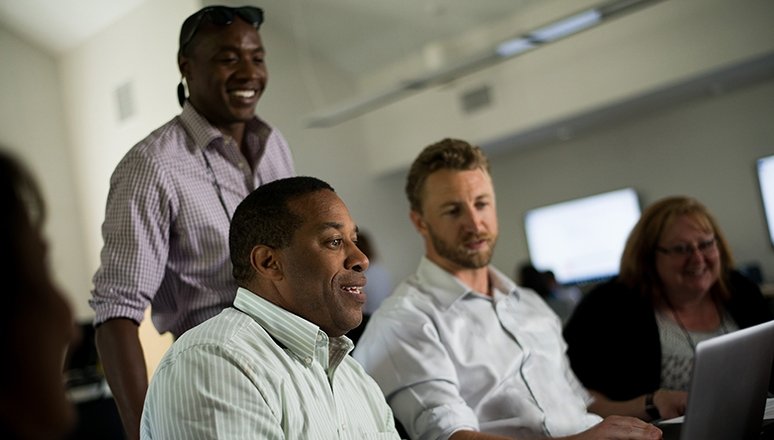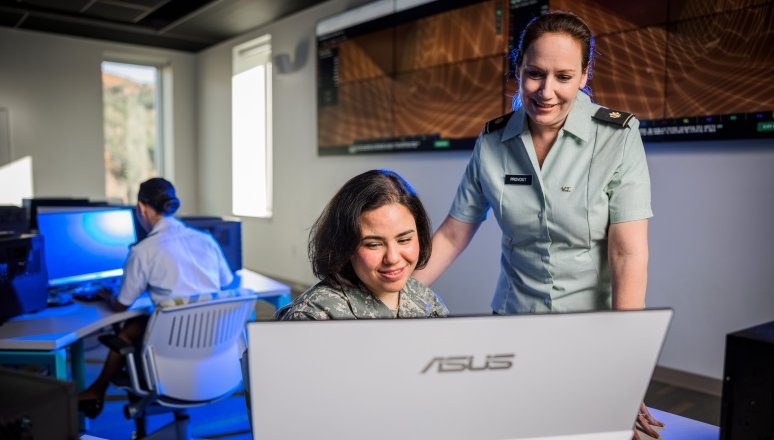Leadership

LD310 - Organizational Behavior
Change is inherent in innovation, so it is vital for keeping organizations competitive, but it is not easy. Using real-world cases, this course investigates what factors lead to either successful change or failure. This course will focus on the creative, disruptive, and destructive potential of change. We will analyze the three vantage points of change as an individual, within an organization and in terms of team leadership. We will also explore evolution of change with a focus on the discipline from 1940 to 2020, through change leadership experts of Lewin, Kotter, Hamel, Nohria, and Wheatley to name a few. We will study the aspects of application-based learning with an emphasis on learning to lead and not just manage change in our professional and personally environments.

LD320 - Leading Change
Change is inherent in innovation, so it is vital for keeping organizations competitive, but it is not easy. Using real-world cases, this course investigates what factors lead to either successful change or failure. This course will focus on the creative, disruptive, and destructive potential of change. We will analyze the three vantage points of change as an individual, within an organization and in terms of team leadership. We will also explore evolution of change with a focus on the discipline from 1940 to 2020, through change leadership experts of Lewin, Kotter, Hamel, Nohria, and Wheatley to name a few. We will study the aspects of application-based learning with an emphasis on learning to lead and not just manage change in our professional and personally environments.

LD330 - Data Visualization
Data visualization is the graphical representation of information and data.

LD340 - Strategic Communication
There is no aspect of our lives, personal or professional, where we are not required to communicate. Communications are an essential aspect of being human, and investment in our professional communication behaviors can pay real dividends in the efficiency and effectiveness of our workplaces and our careers.
Building upon a broad foundation of academic approaches and offering a variety of reflective frameworks, this course spans Aristotle through Churchill to the White House’s latest director for Strategic Communications. Students will be encouraged to reflect upon their own practices and to share examples from their workplaces. Skills-based lectures will address: writing research reports and evidence-based memos, structuring effective emails, optimizing video conference opportunities, and building social media presence.
New technologies abound, affording new communication opportunities but also challenging existing practices. This course is structured around discussion forums, opportunities to meet online, and multimedia lectures that are intended to stimulate thought and reflection rather than provide any concrete answers. In a rapidly changing world, we need to learn to reflect upon our own practices and identify areas to evolve and innovate.
